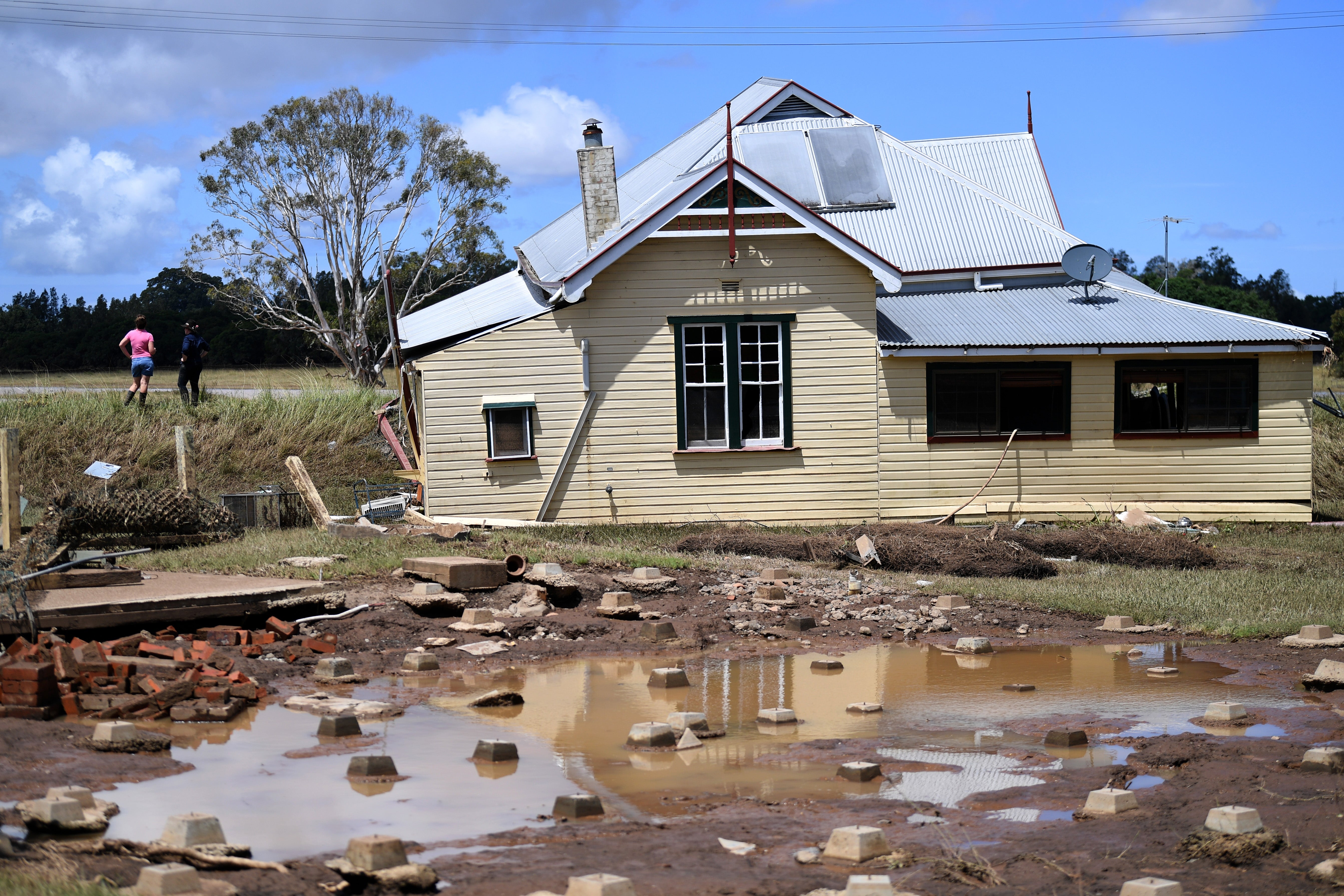Australians are being urged to take extra precautions after a spike in cases of a rare bacterial disease that has killed at least 28 people in Queensland and has now infected domestic cats, raising concerns for both human and animal health.
Melioidosis, a bacterial infection that thrives in wet soil and stagnant water, has infected 211 people across Queensland so far this year, far higher than previous annual totals. Most cases and deaths have been recorded in the Cairns Hinterland and Townsville regions, which were hit by heavy rains and flooding earlier this year.
While melioidosis mainly spreads through contact with contaminated soil, water, or aerosols, experts have warned that domestic animals, including cats and dogs, can also develop the infection.
Health experts say extreme weather in recent weeks, including flooding from Cyclone Alfred earlier this year, has likely disturbed the bacteria, increasing human exposure.
“The bacteria thrive in wet conditions, so we often see more cases in animals after heavy rains and flooding,” University of Sydney veterinary scientist Krysten Lee told 7News.
Two-year-old tabby kitten Milo became one of the first known pet cases this year. His owner, Tiara Richardson-Steele, launched an online fundraiser for treatment, describing the disease as "rare and life-threatening" and saying Milo faced a long and costly road to recovery.
The disease can be fatal if left untreated. In pets, symptoms may include persistent skin infections, fever, breathing problems, limb weakness, and sudden behavioural changes. In humans, it can cause pneumonia, abscesses in organs, and dangerous sepsis if not rapidly diagnosed and treated with targeted antibiotics.

It can also infect the skin and internal organs. However, it is notoriously difficult to diagnose, as it mimics other infections and is resistant to standard antibiotics.
Without rapid identification and specific treatment, melioidosis can lead to sepsis and death. Even with hospital care, fatality rates can be as high as 10–20 per cent.
Queensland Health has warned residents to avoid contact with muddy floodwaters and to wear protective gloves and boots during clean-ups. People with underlying health conditions, such as diabetes, kidney disease, or those who are immunocompromised, are particularly vulnerable.
Cases of melioidosis are usually concentrated in northern Australia. North Queensland typically records around 20–50 cases a year, but floods can trigger major spikes. As many as 119 cases and 16 deaths were reported in the region in just the first three months of 2025.
While most cases remain in the north, experts caution that changing weather patterns and the migration of more retirees to Queensland could push the disease southward over time. Prof Jeffrey Warner, a microbiology researcher from the Australian Institute of Tropical Health and Medicine at James Cook University, told the Guardian last month that its “growing health burden is at the intersection of changing climate, environment and land use”.

 6 hours ago
6
6 hours ago
6








